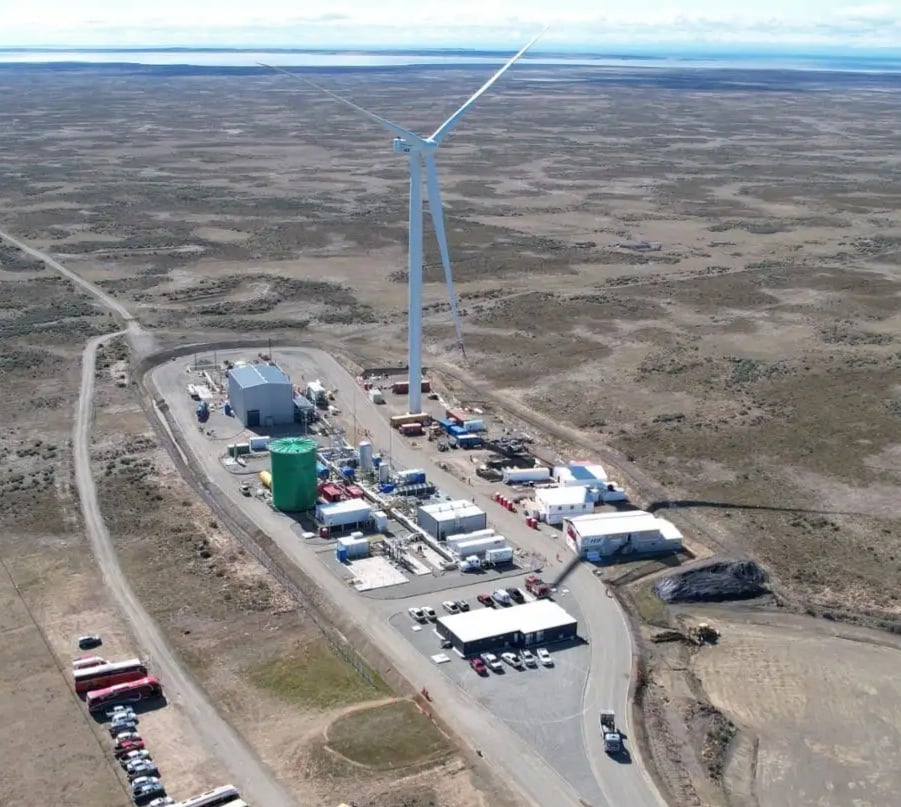117
you are viewing a single comment's thread
view the rest of the comments
view the rest of the comments
this post was submitted on 29 Jul 2023
117 points (92.1% liked)
Technology
60351 readers
4637 users here now
This is a most excellent place for technology news and articles.
Our Rules
- Follow the lemmy.world rules.
- Only tech related content.
- Be excellent to each another!
- Mod approved content bots can post up to 10 articles per day.
- Threads asking for personal tech support may be deleted.
- Politics threads may be removed.
- No memes allowed as posts, OK to post as comments.
- Only approved bots from the list below, to ask if your bot can be added please contact us.
- Check for duplicates before posting, duplicates may be removed
Approved Bots
founded 2 years ago
MODERATORS

Methanol or ammonia, both are good
Haber-Bosch for fertilizer, Fischer-Tropsch for synfuel.
But, really, we need something with mild conditions and preferably something directly electrosynthesis driven. Large potential for improvement in both.
I mean ammonia is pretty decent fuel in itself, it can be decomposed to hydrogen or burned as is
The Haber-Bosch approach to breaking the nitrogen triple bond takes a lot of energy in terms of high pressure and temperature which is not present in the product, hence wasted. Ammonia is a fertilizer either as gas or as ammonium nitrate, and too precious to burn.
Another random fact: half of the combustion enthalpy present in liquid hydrogen has been spent on its liquification.
And also, you don't need to use Fisher-Tropsch process either. Methanol is good enough fuel that you can get more directly from syngas and getting fractions of hydrocarbons this way is simply wasteful (tar formation, too light products etc). Additional benefit is easier conversion back to hydrogen if need be
That is, unless energy density is critical. I don't think that difference matters in most of the cases
No. Haber-Bosch process is very mature by now and it doesn't take much more energy than thermodynamically necessary to do so. You get there by recycling heat and reusing energy of compressed gases. The actual problem is getting that hydrogen in the first place
If you want to use hydrogen as a fuel anyway, you can add that little overhead and get fuel that you can either burn in ICE or go the whole nine yards, crack it back into elements and put that in fuel cells, and, more importantly, this comes with massive advantage of ammonia being about as easy to liquefy as propane, and we already have propane fuelled cars. Energy density is vastly higher than hydrogen this way, less than propane, sure, but it's something
Another option is dimethyl ether, but this thing needs to take carbon from somewhere, just like methanol